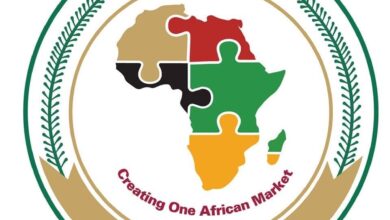David Whitehead Textiles: Company set to revive the textile industry

David Whitehead Textiles has become yet again, the centre of attention for the textile industry resuscitation. The company is going through a turn-around to help local textile industry. Under new ownership, the textile giant is heading towards success. Moreover, cotton farmers in Gokwe will benefit from the company’s full revival.
David Whitehead Textiles will reduce imports
Moreso, 95% of textiles in Zimbabwe are imports. This means local production is way below expected. However, the textile giant is set to change that. It is a household name, in operations for decades when it comes to local textile production. The revival of it will help a lot of farmers get value for their cotton.
Additionally, clothes bought locally can be traced back to imported materials. This is all while Zimbabwe has the perfect conditions for cotton farming and capable of feeding into the textile industry. Also, local farmers are capable of providing cotton to David Whitehead Textiles to revive the cloth making industry. Cotton farming is one of the cash generators for a number of small-scale farmers, especially in Gokwe.
Revival of the textile giant
However, after spending many years under judiciary management, and surviving a near extinct textile industry, the government decided to throw a lifejacket at the sinking giant. David Whitehead Textiles is on its way to returning to its former glory, or even better. Additionally, this lifejacket should be enough to help it back to shore and dominate the textile industry.
After its acquisition by Agri Value Chain, David Whitehead Textiles, looks to capitalize on the under supplied regional textile market. It will provide textiles for the local market first and later the region. This will see the company grow and ensure its longevity.
Additionally, the projected level of ten million meters of fabric annually sets the company in a position to cut textile imports whilst entering the export market. This will add value to the existing local market heavily dependent on imports. Also, this means more for local tailors, making them even more competitive.




